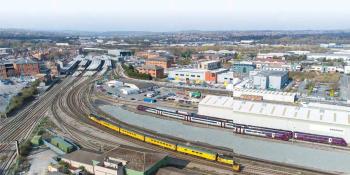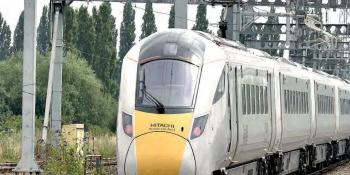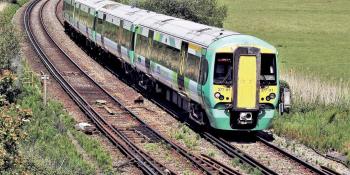Pan Up
How long should it take to clear up an incident? Depends on the incident – and the incentive
Is it me – or are long delays becoming more common, even accepted, on the modern railway? I say ‘is it me?’, because checking the data on long delays isn’t easy, and all us old British Rail types have memories of multiple-hour delays, usually as a result of some storm, tempest or power earth fault. One reason to perceive they are more common is the fact that they make the news, because almost everyone on board has a video camera on their phone – which makes it of interest to the vision-based rolling news channels.
On reflection though, it doesn’t really matter if they are becoming more common. Indeed, I am sometimes criticised for comparing everything to British Rail – you know, trivia like taxpayers paying four times as much in subsidy. What matters is what is happening now, with worldwide communications, new trains, and go-getting, on-the-ball private enterprise.
CAUSE AND EFFECT
Delays, large and small, have a huge variety of causes, so there is no magic formula for preventing them. But as with individual train failures you have to tackle every one as it arises and assume it will happen again, which it…




